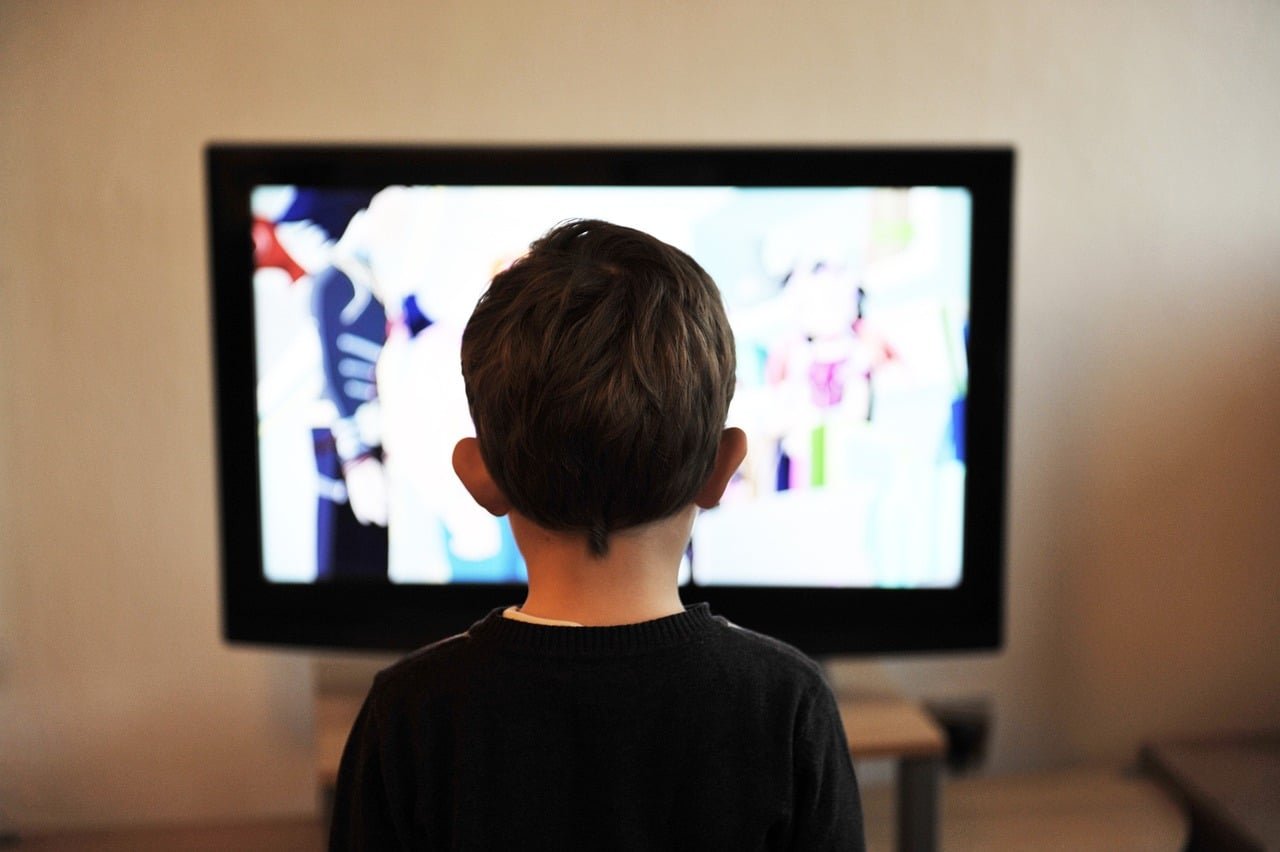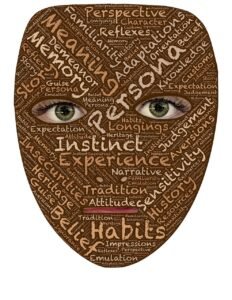
I have a guilty pleasure. I watch reality television. I know, I know…and the only thing I can say in my defense is that until recently, I almost exclusively limited myself to cooking shows with a strong preference for ones where the contestants were kind to one another (think early seasons of The Great British Bake Off). However, recently, my young adult children have shared with me things they are watching, and out of pure curiosity (and to give us something further to chat about), I joined in the “fun.” After all, reality television is built on the premise that we can relate to the folks on those shows, that we see others often struggling with things we struggle with, and so the net effect might be positive. So I tuned in to “dating shows”–a sampling of them, since the first several I watched, well, I thought maybe they were the “exceptions.”
Love is Blind. The Circle. The Bachelor (or Bachelorette), and finally the one which may be the most popular currently, Love Island. All of these shows are wildly popular, have innumerable seasons, and have multiple versions happening in a number of different countries. In most (but not all), there is some level of cash on the line at the end, but supposedly the more important goal is to find “true love” along the way.
Because I am an adult (and presumably one who has a lifetime of experience behind me), one might assume that I am able to sit back, watch these shows, and have some perspective on what I am seeing. But if I am being perfectly honest, I have to admit to finally believing in a generation gap of sorts and to having more than a few questions and some concerns about these shows. I am not saying they are all bad; however, were I a teen or a tween (and there is an enormous audience of just these age groups watching), what might be the messages I would be taking away from these shows? As parents, are these messages the ones we want our kids to have? If not, what options do we have or how can we help our children put these messages in a context which might better fit our family values?
Well, let’s start by looking at the shows themselves, who’s on them, who’s not, the good, and the not so good.
First, reality shows are not necessarily all that new. However, the latest versions of these shows have become more body-obsessed than ever before. While we want to believe that our world has become more “body positive” with more talk about models walking the runway in a variety of sizes, well, that belief may have only lasted for a hot minute. Today’s shows are populated by young men and women who have done incredible amounts of work on their 20-something bodies. Yes, even that young, they already have had lip fillers, breast implants, butt implants, lipo or have used weight-reduction methods they perhaps hadn’t clinically needed. On the positive side, they do all talk, openly and without stigma, about these procedures, though they never mention the reasons they felt they needed them in the first place. Participants on Love Island only walk around in bikinis and swim trunks. They are all exceptionally fit, thin, curvy (in the enhanced kind of way), and no one has any excess fat. The overt emphasis on physical looks before anything else cannot be avoided.
On the positive side, we can often see strong friendships form–women and men standing up for one another, and bad behavior being called out. Kindness is rewarded, not monetarily but in terms of fan support, and mean behavior is discouraged. Fascinatingly, sex happens, and while it is a thing, it is neither the biggest thing to happen, nor the smallest. In fact, asking someone to be your “girlfriend” or “boyfriend” is a bigger deal than having sex and often comes after, rather than before, sex and is considered more serious than sex, the exact opposite of my generation (and for context I am in my 60s). Generationally, the role that sex plays within a relationship has changed dramatically, as has how old the participants are, how it is viewed, even the kind of education we can or cannot provide about sex or sexuality. Again, what is portrayed in these shows, or by any of the multitude of “influencers” or programs, may or may not align with your family values. One more reason to potentially provide the missing context for your teens.
These shows are not scripted, nor do they create any context in which to understand them. They are a bit like watching car accidents–awful and yet you can’t look away. The people who appear on them may just want their 15 minutes of fame or may be sincere, and we will never know. But what do our teens and tweens understand about them, how do our children interpret their motives? What values are they internalizing about what they are watching without our 50 years of context behind them to set any of this in? It’s one thing for me to watch these shows with these thoughts and ideas, but what does it look like and mean to 13-, 14-, 15-, or 16-year-olds?
We know our children are spending hours per day on screens even if we don’t want them to. We know they watch these shows with their friends or at home or even at school. Instagram, TikTok, any other social platform, and every cable network has these shows and/or influencers who are enacting or demonstrating the same ideas and values. So what messages are our children being inundated with about their bodies, about relationships, about what is expected of them in a relationship, about their gender, and about whether or not they are already “good enough”? How can we help them make sense of what they are seeing so that they have some context within which to set these shows and images? Well, here are my thoughts…
- These shows now dominate the cable networks, so if you have a tv, a subscription, and a teenager in your house, ask them what they are watching. I am guessing they have watched at least one and have some thoughts they might share with you.
- Better still, ask them their favorite and ask if you can watch with them. Watch together. Then start the conversation and see if reality tv is real after all. OK, this step requires that you make a sacrifice by watching shows you find distasteful, but by doing so, you get the opportunity to ask your child questions: How do you think these people got on that show? Why? Do you think their body was that way originally? Why do you think they changed it? Was that a good reason? How are they treating each other? What do you think about that? If that happened, what would you do? (Try to ask open-ended questions and not closed or yes/no questions.)
- Limit screen time. You have heard this before, but limit the amount of time on phones, tablets, computers, and the tv and encourage time with real people and doing things outside of school (sports, hobbies, or volunteer work). Time put into others gets our focus off of ourselves and makes teens especially feel better about themselves. They develop better perspective.
- Practice healthy habits, but beware of going overboard in any direction. Eating healthy is great, but not to the point when people become obsessed with calories, weight, working out, or size.
- Listen to your child. Listen for signs and sounds of any potentially concerning behaviors of their friends or at school or online. Bullying can happen at school, in the neighborhood, or online and can appear suddenly and out of nowhere when seemingly everything was fine just days before. Group-think happens and sometimes is inspired by things kids see or hear somewhere, including reality tv, so listen and be aware.
- Laugh. It’s ok to find some of the reality tv behavior just bizarre and to say so. Laugh at situations, not people.
- Make your family values explicit so your children know where you stand. Don’t expect them to eventually land in the exact same spot as you, but they need a place to start from, and being very clear on what you believe gives them that starting point. Most of us did not land in the exact same point on everything as our own parents, but we knew where they stood; then as we matured, we formed our own opinions and landed on our own values. Your kids will, too.
Nationally-recognized visionary in the areas of educational system improvement and innovation, educational consultant Marja Brandon has been a teacher, head of school, and founder of Seattle Girls School. She is currently the head of school at Childpeace Montessori School in Portland, OR. She volunteers to offer advice and writes articles for TeensParentsTeachers.
Like most of the pictures on TeensParentsTeachers, the picture posted with this article is courtesy of a free download from Pixabay.com.



